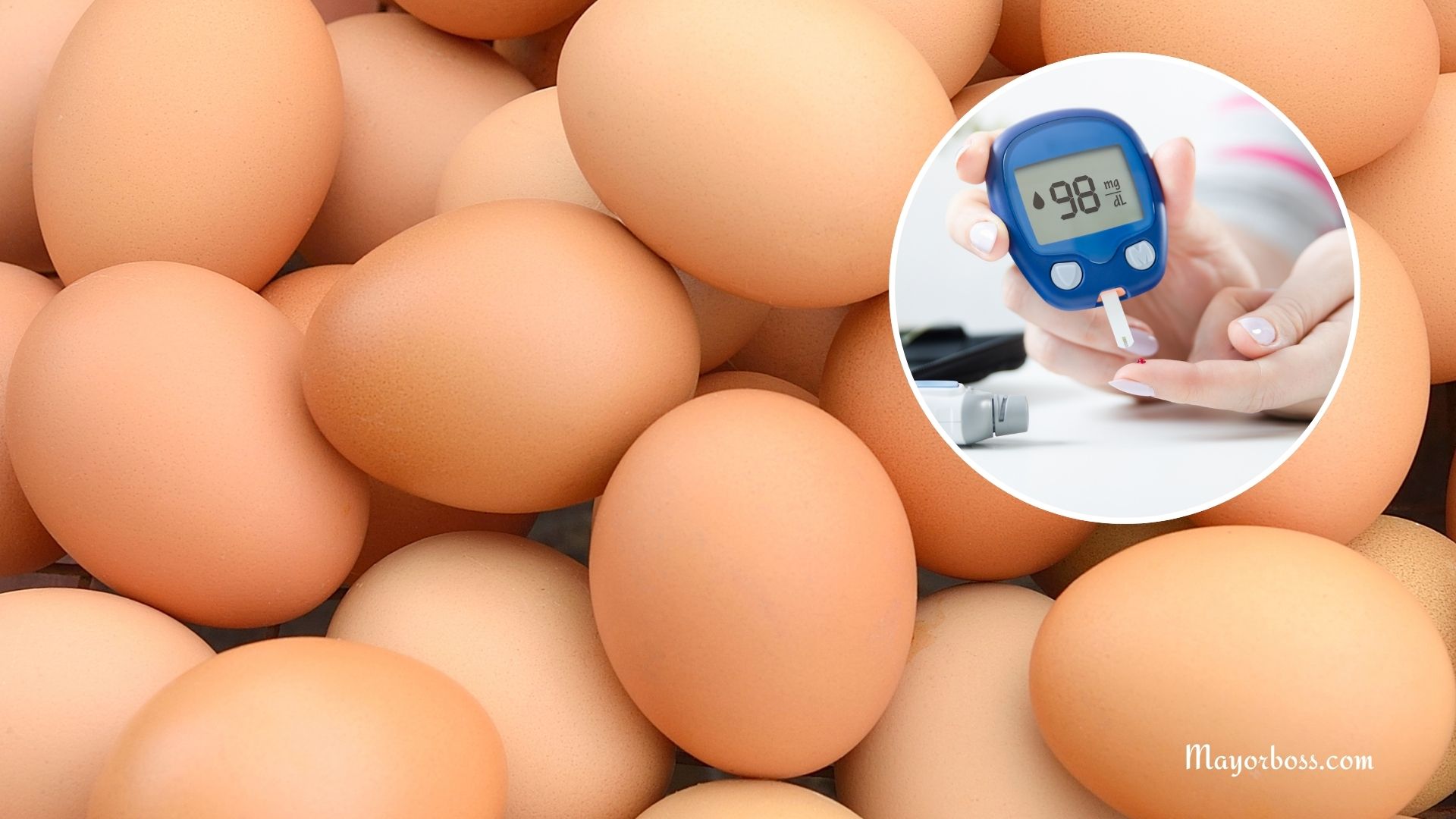Natural Ways to Lower Fasting Blood Sugar
High fasting blood sugar is often one of the first warning signs of prediabetes or type 2 diabetes. It refers to your blood sugar level after not eating for at least 8 hours—usually measured first thing in the morning. When fasting blood sugar stays high over time, it increases the odds of serious health problems, including nerve damage, heart disease, and kidney failure.
The good news? You can take steps to bring it down naturally—without relying solely on medication. These simple, science-backed lifestyle changes can help you manage your blood sugar and support long-term health.

Eat a Balanced Dinner
What you eat the night before can affect your fasting blood sugar the next morning. Meals high in refined carbs or sugar can lead to elevated glucose overnight. Instead, choose balanced dinners that include:
- Lean proteins like fish, chicken, or tofu
- Non-starchy vegetables such as broccoli, spinach, or zucchini
- Healthy fats from avocado, olive oil, or nuts
- Whole grains like quinoa or brown rice (in moderate portions)
This combination slows digestion and supports steady blood sugar overnight.
Avoid Late-Night Snacking
Late-night eating may interfere with blood sugar regulation. Giving your body at least two to three hours between your last meal and bedtime allows insulin to work more effectively. Avoiding snacks close to bedtime may help your fasting glucose return to a healthier range by morning.
Move More Throughout the Day
Physical activity helps your muscles absorb glucose from the blood, which can improve fasting levels over time. Some researchers believe physical activity helps your body use insulin more efficiently. Even light movement—like a 20- to 30-minute walk after dinner—can lower your blood sugar.
Regular exercise also improves your fasting glucose over time. Experts recommend aiming for at least 150 minutes of moderate exercise per week, such as dancing, brisk walking, or cycling, or 75 minutes of vigorous activity like running or interval training. Strength training also improves insulin sensitivity by building lean muscle.
Reduce Daily Stress
Multiple studies have shown that chronic stress can raise cortisol, a hormone that raises blood sugar. When it comes to lowering or regulating blood sugar levels, stress is just as important as managing your diet. Try calming techniques like deep breathing, meditation, gentle stretching, or journaling. Even 10 minutes of intentional relaxation daily can reduce stress-induced blood sugar spikes.
Get Enough Sleep
Sleep deprivation can make your body more resistant to insulin, leading to higher morning blood sugar levels. Adults should aim for seven to nine hours of quality sleep each night. To improve sleep, stick to a consistent bedtime, limit screen time before bed, avoid caffeine late in the day, and create a calm, dark sleep environment. Better sleep supports better blood sugar control.
Drink Water, Not Sugary Drinks
Dehydration can concentrate your blood sugar. Drinking enough water helps your kidneys flush out excess glucose through urine. Choose water, herbal tea, or infused water with lemon or cucumber. Avoid sugary sodas, energy drinks, and sweetened coffee or tea. Hydration supports healthy blood circulation and glucose balance.
Add Apple Cider Vinegar Before Meals
Some studies suggest that apple cider vinegar may improve insulin sensitivity and reduce blood sugar spikes after meals. A common approach is to mix one to two teaspoons of vinegar in a glass of water before dinner. However, consult your doctor before using it regularly, especially if you’re on medication, as it may interact with certain drugs.
8. Include Blood Sugar-Friendly Foods
Certain foods help lower blood sugar naturally, especially when eaten regularly. Some of the most effective options include:
- Okra – Rich in antidiabetic compounds like rhamnogalacturonan and flavonoids
- Cinnamon – May Improves insulin sensitivity and reduces fasting glucose
- Chia seeds – Packed with fiber and omega-3s to support stable glucose
- Leafy greens – Low in carbs and rich in magnesium
- Broccoli – Contains sulforaphane, which helps lower blood sugar
For a full list, check out our guide: [20 Powerful Foods That Naturally Lower Blood Sugar].
Final Thoughts
Fasting blood sugar levels don’t improve overnight, but with small, consistent changes, your numbers can move in the right direction. Eating well, staying active, sleeping enough, and managing stress all play a role. These habits support not only blood sugar balance but your overall health and well-being.
Start with one or two changes and build from there. Over time, these natural methods can help you regain control of your blood sugar—one healthy choice at a time.
